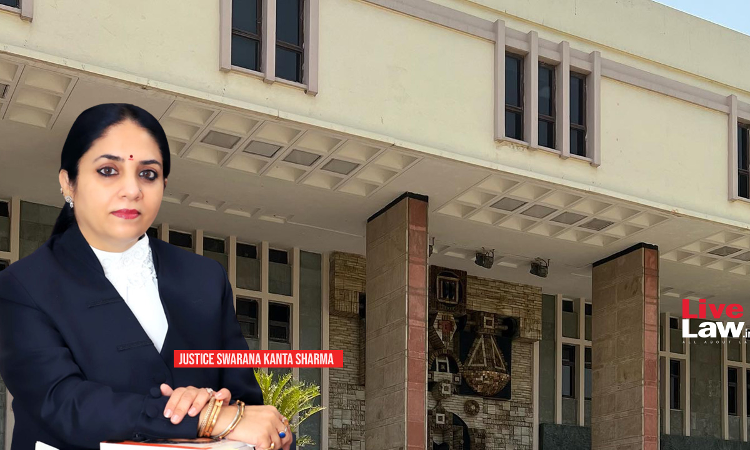Need To Regulate Content With Vulgar Language On Social Media, OTT Platforms: Delhi High Court
Nupur Thapliyal
7 March 2023 9:30 AM IST

Next Story
7 March 2023 9:30 AM IST
Observing that the use of vulgar language in public domain and on social media platforms needs to be take seriously as they are open to children of tender age, the Delhi High Court has said that the issue of enactment of appropriate law or guidelines to regulate content on social media and OTT platforms needs urgent attention.Justice Swarana Kanta Sharma heavily criticized the language used...
